Our Torah portion begins after a tragedy — the tragedy of
the golden calf. Moses assembles the entire Israelite community in order to
renew the covenant between God and Israel. Vayakel — “and he
brought them together” — he made them one community.
It is not so easy to be one community, particularly at a
time of tragedy.
I thought about this a great deal over the past few weeks
when I was in Israel with Rabbi Eli Herscher of Stephen S. Wise Temple, Rabbi
Bill Berk of Temple Chai in Phoenix and 22 members of our congregations. We
were there to study Torah at the Shalom Hartman Institute in Jerusalem. Our
learning focused on the “Ethical Challenges to Israeli Society at a Time of
Crisis.” The study was extraordinarily powerful — with master teachers like
Rabbi Donniel Hartman and Rabbi Rachel Sabath, not to mention our unforgettable
session with the founder of the Institute, the brilliant philosopher Rabbi
David Hartman. They led us through the study of Torah and sacred texts that
raised thought-provoking questions about what the ethical obligations ought to
be of a state that calls itself Jewish.
Our Torah study was enriched by a day in Tel Aviv where we
visited some of the projects supported by The Jewish Federation of Greater Los
Angeles’ Tel Aviv-Los Angeles Partnership, including the Shevach Mofet School,
a high school in which the majority of the students are immigrants from the
former Soviet Union. This was the school that lost many of its students in the
Dolphinarium bombing. Instead of being defeated by the tragedy, the students
have recommitted themselves to excellence. We heard from several of the
students who have joined with their counterparts at the Milken Community High
School in different kinds of partnerships, connected by the Internet and summer
seminars.
Then we met with Rabbi Meir Azari and learned about the
groundbreaking work of the Reform Movement’s Beit Daniel, which is reaching out
to teach Israelis about religious pluralism and offers alternatives to the traditional
Israeli notion that to be religious means to be Orthodox. We also visited the
wonderful program for elderly Holocaust survivors called Café Europa.
Finally, we met with social workers from the municipality of
Tel Aviv to learn about the problems faced by foreign workers in Israel and the
challenges to a city in dealing with victims of terror.
It was both inspiring and deeply troubling — inspiring because
it seemed as though everyone we met was a hero, but troubling in that there
were hardly any other American Jews in Israel. Wherever we went, after Israelis
thanked us for coming, they asked us: “Where are all the American Jews? Aren’t
we all in this together?”
Vayakel: “And Moses brought us all together” to make us one
community.
The Torah portion goes on to describe what God commanded:
“Take from among you gifts to the Lord; everyone whose heart so moves him shall
bring them. So the whole community of the Israelites left Moses’ presence and
everyone who excelled in ability and everyone whose spirit moved him came
bringing to the Lord his offering for the Tent of Meeting … men and women, all
whose hearts moved them … came bringing objects of all kinds…. Thus, the
Israelites, all the men and women whose hearts moved them to bring everything
for the work that the Lord, through Moses, had commanded to be done, brought it
as a freewill offering to the Lord.”
Building the tabernacle, the sacred place that symbolized
our connection with God, was a communal effort that required the whole
community to work together. Different people had different tasks — the Torah
describes the artistry of Bezalel and Ohaliab and the special skills of the
women who spun with their own hands. But the work belonged to everyone — so
much so that there was even an overflow of effort and gifts.
The work of building Israel belongs to all of us. Whatever
our politics, whatever our view of what ought to be done in the West Bank and
Gaza, Israel is central to the Jewish story. It is our story.
We heard two different versions of that story from the
Israelis we met. Each has implications for us as American Jews. One version is
that our mishpacha is in trouble — and when your family needs you, you drop
everything and you go. You don’t just send money. You don’t just pay the
medical bills. You go, you sit, you visit.
The other version is different. It is not just the story of
members of our family in trouble. It is the story of our Torah portion, of
members of our family, our people, who are builders, willing to live through
difficult times because they are engaged in the very important work of building
a more just world. Their work is to make certain that Israel can survive the
challenges of power and live up to its promise to truly be a Jewish State, a
country animated by the highest ethical values of Jewish tradition.
That task is a sacred task and, like the building of the
tabernacle, it requires the entire Jewish community to work together. May we
each bring our skills, talent, resources, energy and, most important, our
presence, to nurture the holy place that is so central to the covenant between
God and the Jewish people.
Laura Geller is senior rabbi of Temple Emanuel of Beverly Hills.
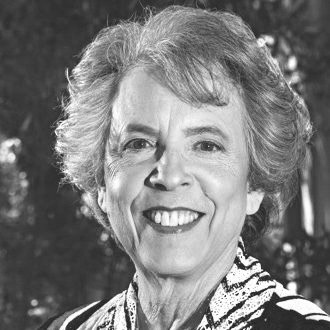






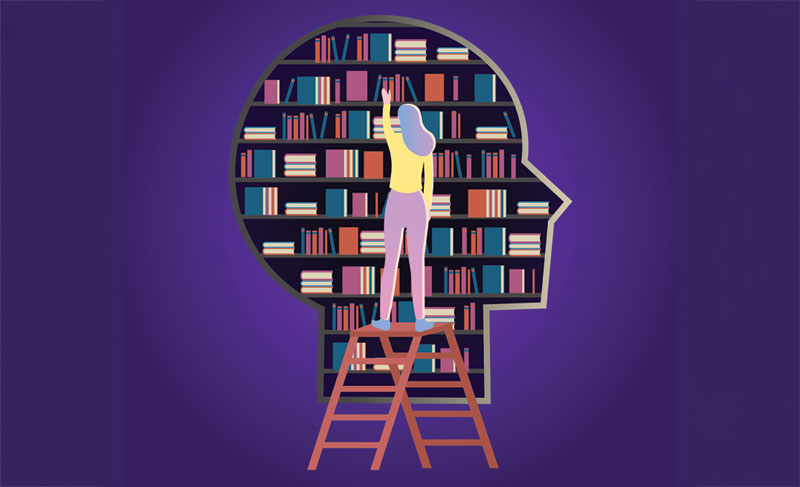
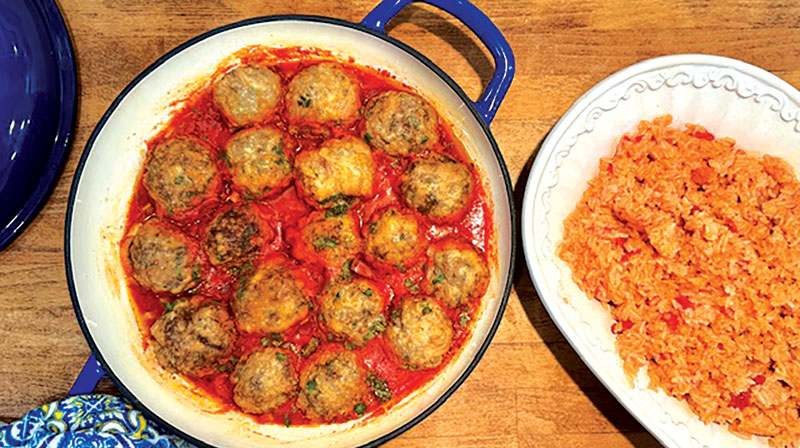
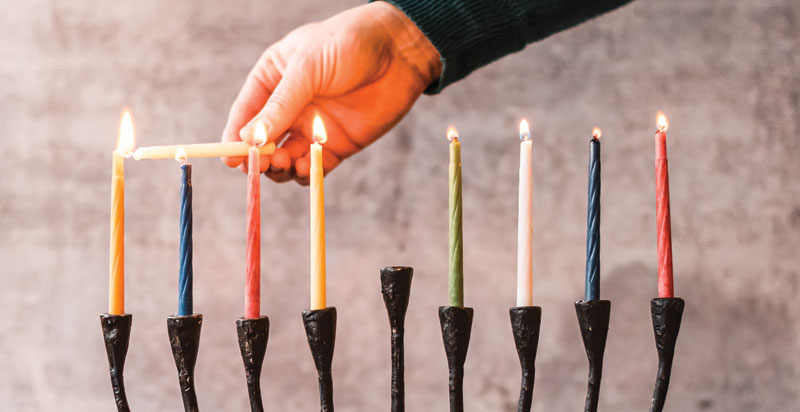
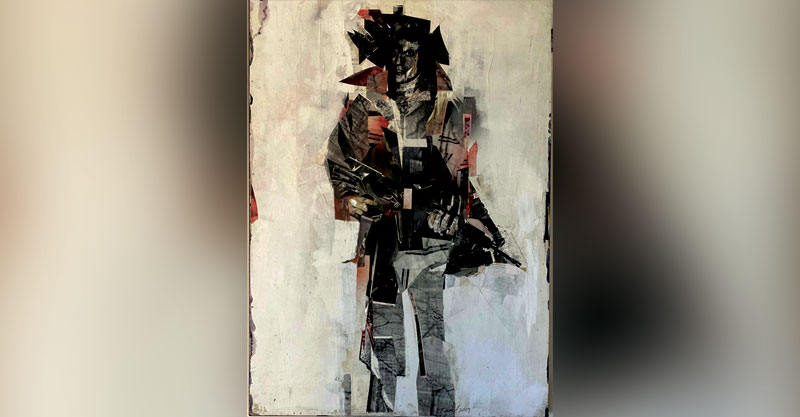

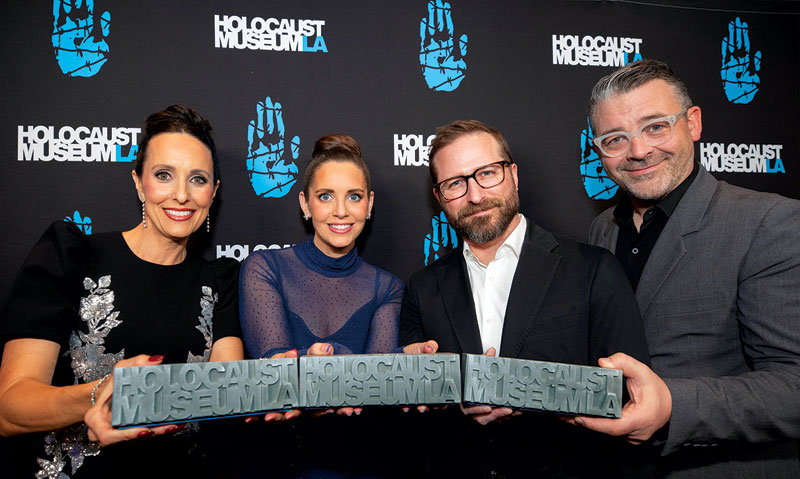
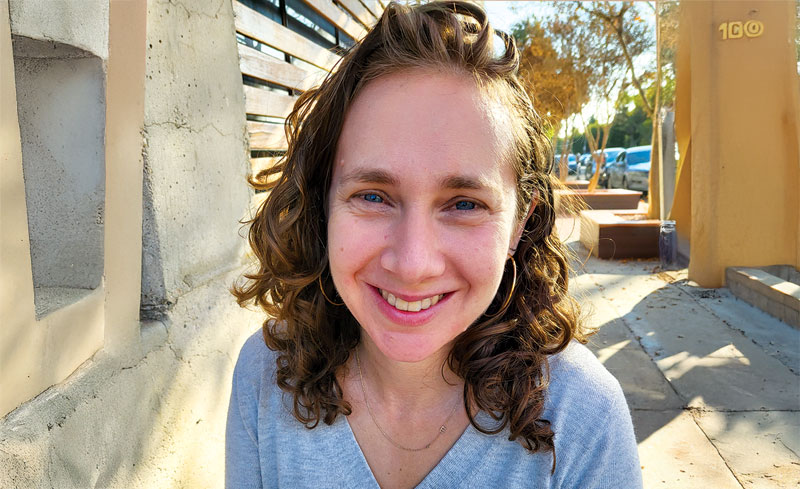
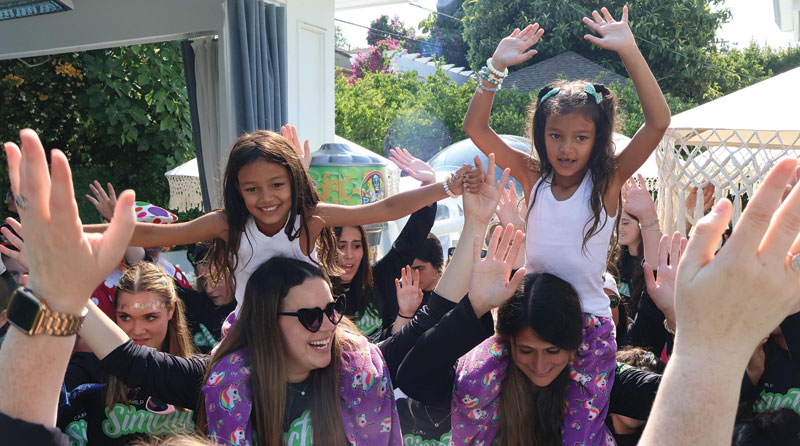

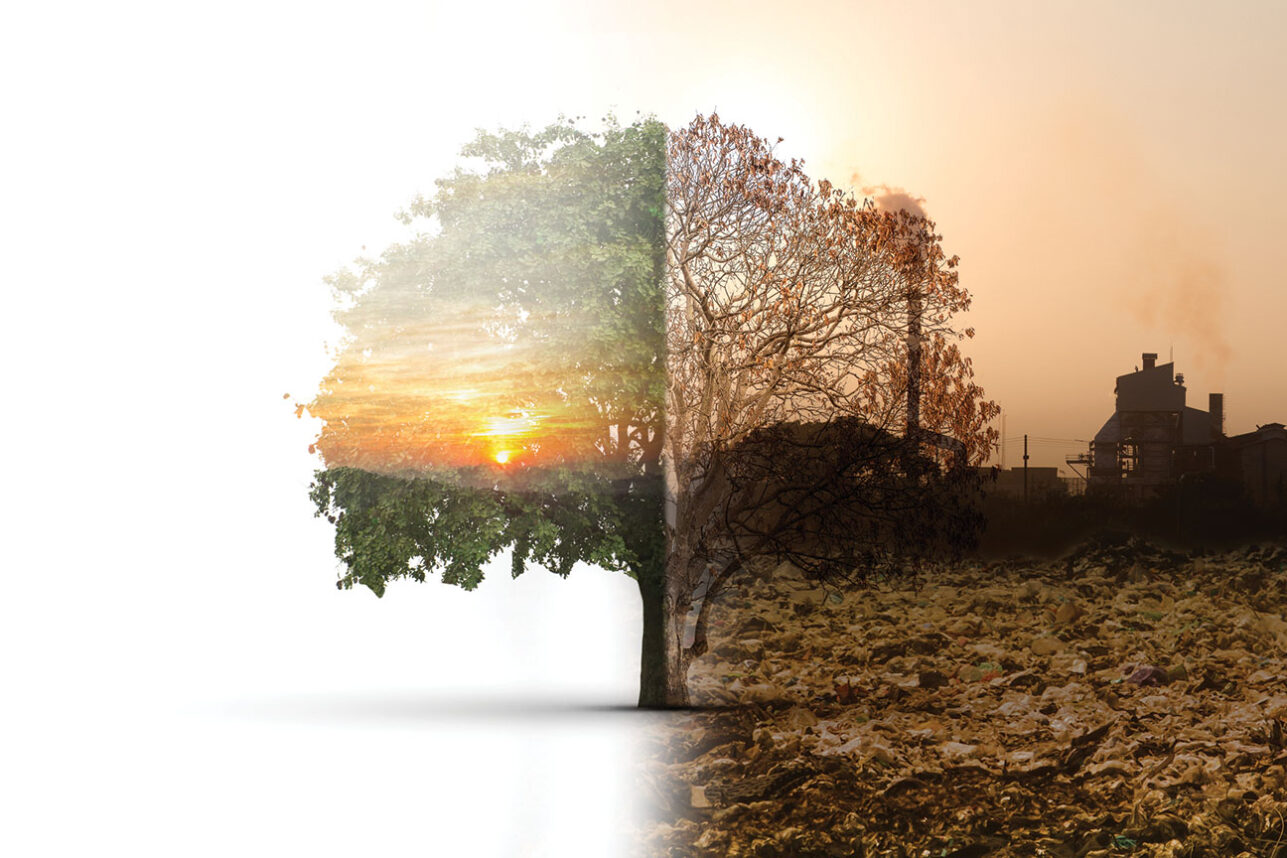
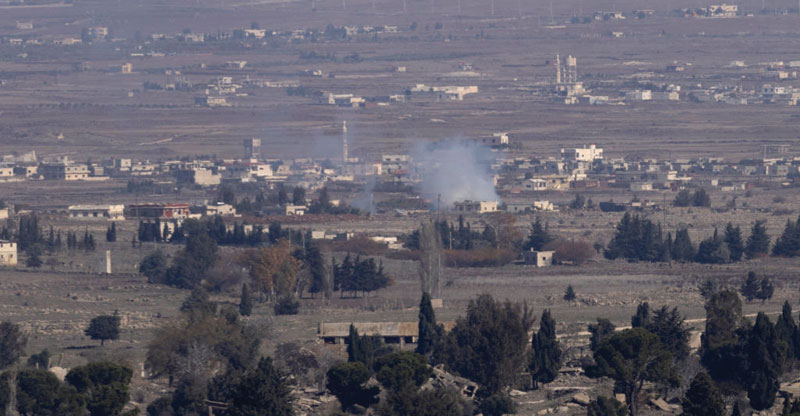





 More news and opinions than at a Shabbat dinner, right in your inbox.
More news and opinions than at a Shabbat dinner, right in your inbox.